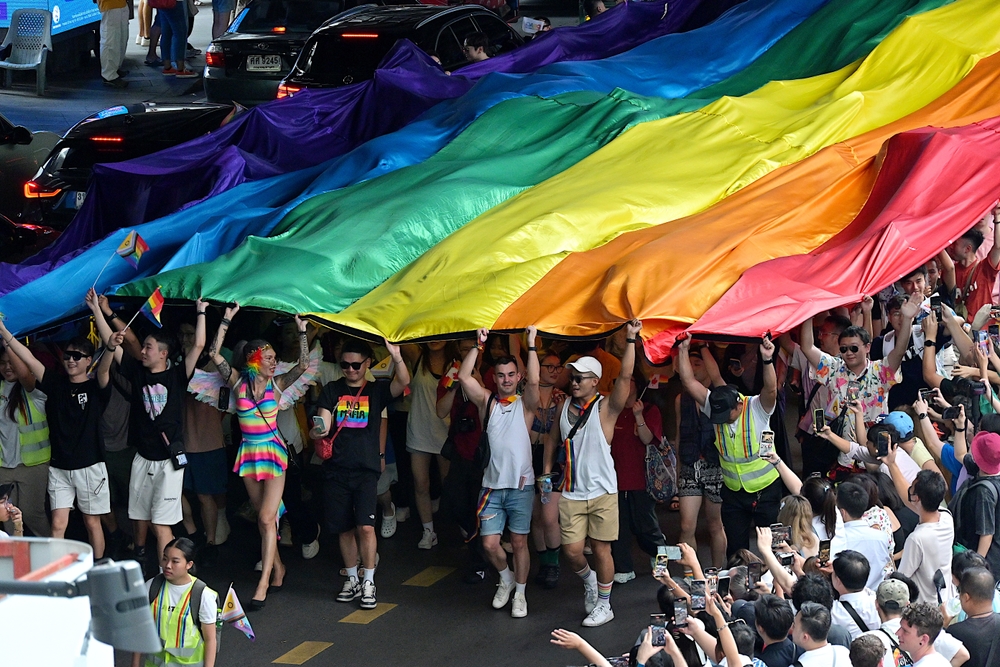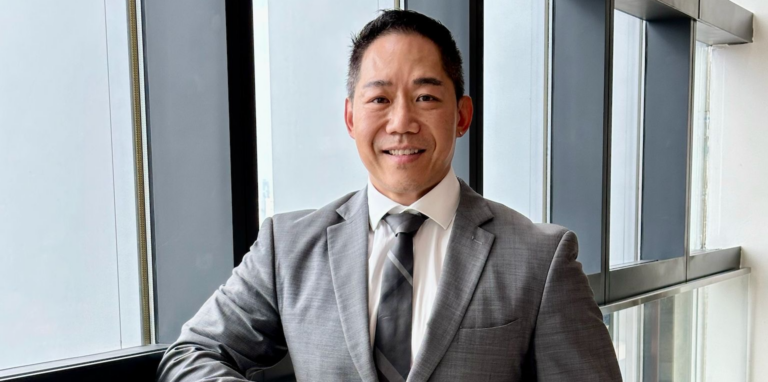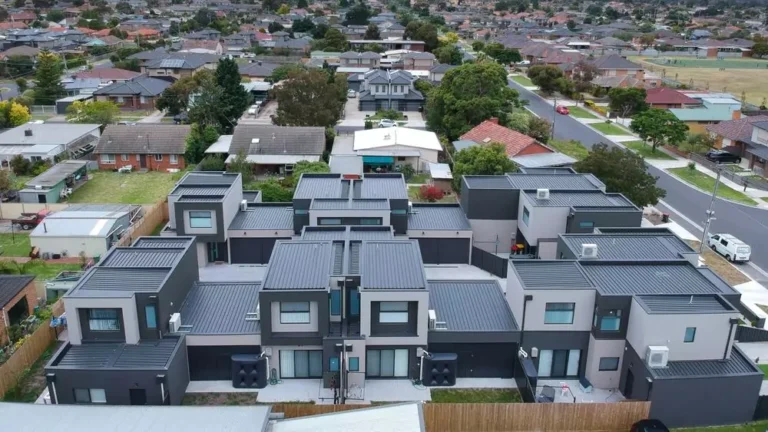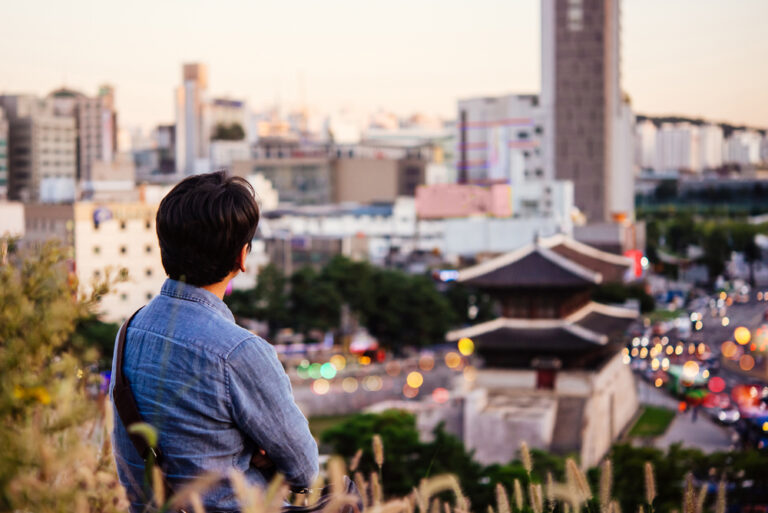Breaking down the closet door on LGBTQI+ housing rights
Advocates from around the globe unpack the current real estate landscape, on the quest for inclusivity

In an era marked by significant progress in LGBTQI+ rights and recognition, members of this community still often encounter the challenge of navigating the complex landscape of housing rights and real estate opportunities.
At the 2022 edition of the PropertyGuru Asia Real Estate Summit, experts from various corners of the globe convened for a panel discussion to address the issues regarding LGBTQI+ housing rights, discrimination, and the ongoing efforts to foster diversity and inclusivity.
Pangina Heals, globally renowned artist, television host, and tireless advocate for LGBTQI+ rights, led the discussion, alongside other champions of the cause.
Singapore’s dual narrative
William Tan, the co-founder of Prident/Property, kicked off the discussion by highlighting a historic achievement: the recent abolishment of Section 377A, an antiquated law that had criminalised same-sex relations. This momentous victory came after a gruelling 15-year battle for justice. “We are no longer considered criminals in our own country,” William proclaimed, reflecting on the momentous shift in Singapore’s social landscape.
However, beneath the surface of this triumph lies a housing policy that continues to pose significant challenges for LGBTQI+ individuals and couples in the nation. Singapore’s housing policy is centred around the concept of traditional family units, a framework that does not readily accommodate same-sex couples. The glaring disparities, such as the requirement for LGBTQI+ individuals to wait until they are 35 years old to purchase public housing — compared to their heterosexual counterparts who can buy property at the age of 21 — still hinders the members of the community from progress early on in their adult life.
The United States’ ongoing battle
In the United States, Nick Myers, founder and CEO of RedFox AI, provided a sobering overview of the LGBTQI+ climate. While the election of President Joe Biden and Vice President Kamala Harris marked a turning point, he revealed that the nation still grapples with the fallout from the 2016 election of Donald Trump. “I’m not going to sugarcoat it. It is a very, very scary time to be a part of this community in the United States.” Nick noted the surge in anti-LGBTQ+ legislation across multiple states, as well as the alarming increase in online hate rhetoric.
Yet, amidst these struggles, Nick highlighted the positive steps taken by the Biden-Harris Administration. An executive order, aptly named “Equality for Lesbian, Gay, Bisexual, Transgender, Queer, and Intersex Individuals,” laid the groundwork for addressing housing and homelessness issues within the LGBTQ+ community.
Southeast Asia’s struggle
As for Southeast Asia, discrimination against LGBTQI+ individuals persist across various facets of life, including housing, shared Ramil Andag, SOGIESC rights officer at APCOM Foundation. “There have been some positive developments in the region, like decriminalisation in certain countries. However, there are still a lot of countries that lack protective policies and fail to recognise non-mainstream identities.”
The truth is that legal protections and recognition remain lacking. Discrimination affects access to basic rights, healthcare, education, and policies. The key question arises: Are marginalised LGBTQI+ communities genuinely included in discussions of progress and sustainability?
Challenges in LGBTQI+ housing rights
The LGBTQI+ housing landscape is marked by hurdles and disparities.
In Singapore, LGBTQI+ individuals face restrictions in property ownership, as they are required to reach the age of 35 before they are allowed to purchase public housing. In addition, unmarried couples encounter legal complexities, underscoring the need for clear agreements.
In the United States, LGBTQI+ individuals sometimes hide their identities during mortgage applications due to fears of discrimination. Recent executive orders offer some relief, but there is still work to be done.
Binary standards and policies in Southeast Asia limit LGBTQI+ individuals’ access to shared properties, perpetuating inequity.

Promoting diversity and inclusion
Yet a rainbow has emerged through the storm. As advocates for equality, the panellists have shared recommendations or initiatives to promote diversity and inclusion:
- Singapore: Initiatives like Prident and House of Pride provide resources and safe spaces for LGBTQI+ individuals navigating real estate. Companies are urged to embrace diversity and inclusion programmes actively.
- United States: Technology developers play a pivotal role in fostering inclusivity. They must review policies, appoint LGBTQI+ allies, and engage with LGBTQI+ customers for feedback.
- Southeast Asia: Laws recognising discrimination and promoting inclusivity serve as a positive force. Engaging with the LGBTQI+ community is key.
Beyond victories and hurdles, the call for diversity and inclusivity echoes loudly. While Pride Month may come and go, the pursuit of equality knows no season. Pangina ended the discussion with a call for the global community to stand together to create a world where everyone enjoys equal housing rights, every month of the year.
This article was originally published on ARES White Paper Volume 3. For more information, visit AsiaRealEstateSummit.com or email [email protected].
Recommended
Meet the expert helping overseas investors crack Australia’s property market
Ivan Lam of property advisors Charter Keck Cramer helps clients navigate Australia’s complex real estate dynamics
ARES White Paper Volume 3: The era of adaptive reinvention
Pioneering sustainable and innovative practices in urban development
ARES White Paper Volume 2: Unravelling the power of data revolution in real estate
Insights on proptech, smart cities, and sustainable development
ARES Digital White Paper Volume 1: The fundamentals of responsible building
Green and climate heroes join forces to discuss how Asia Pacific can weather the current environmental crises and the looming effects of climate change







